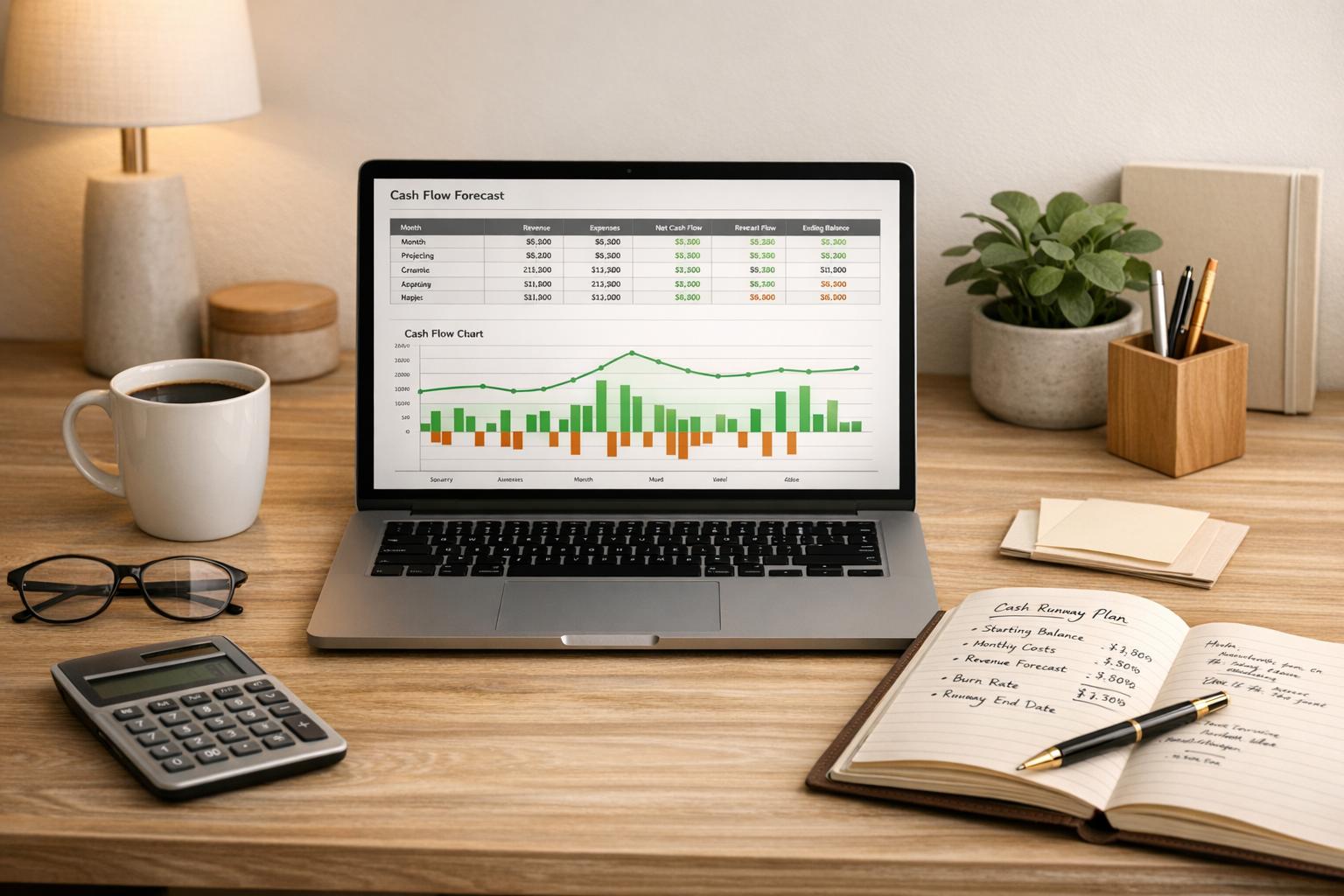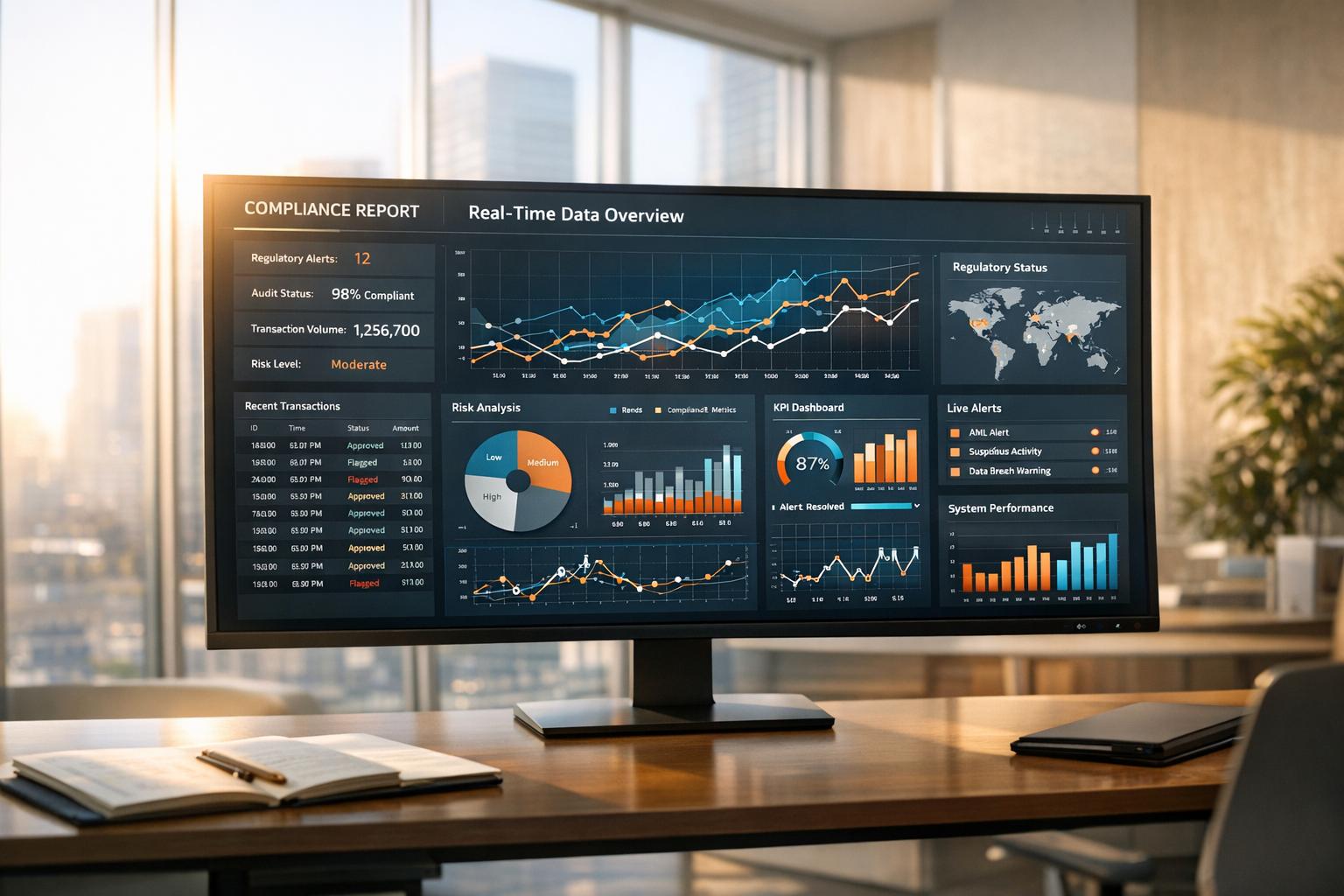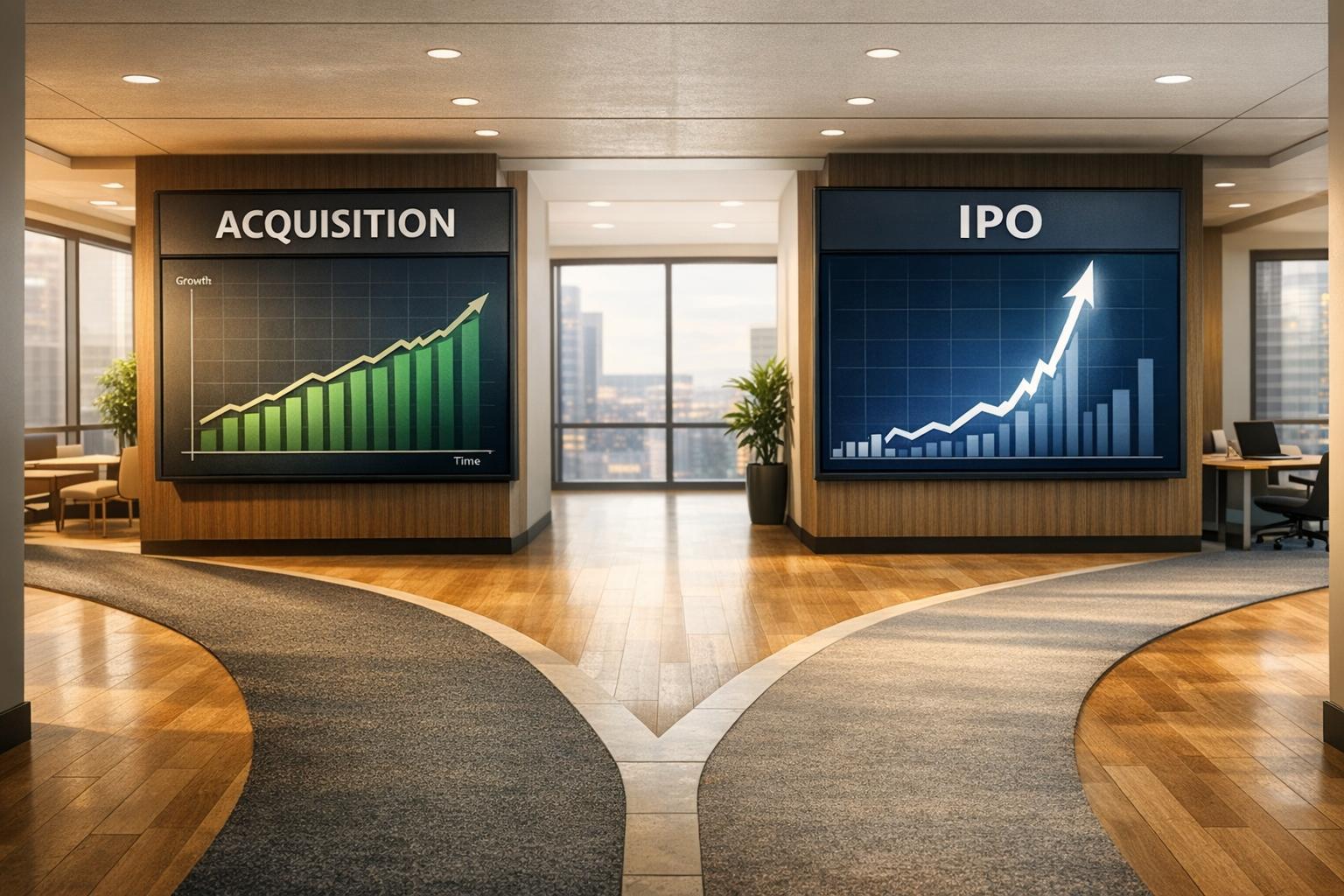How to Navigate Global M&A Trends for Founders

How to Navigate Global M&A Trends: Expert Insights for Mid-Market Founders
In today’s hyper-competitive business landscape, mergers and acquisitions (M&A) have become a vital tool for mid-market company founders and entrepreneurs to scale operations, access new markets, and create shareholder value. Navigating this complex terrain, however, requires a keen understanding of regional and global trends, as well as the ability to respond to shifting economic conditions and geopolitical developments.
In this article, we’ll break down the insights shared in a conversation between M&A experts from JP Morgan, who analyze global M&A trends across North America, Europe, the Middle East, Africa (EMEA), and Asia-Pacific (APAC). Whether you're considering an acquisition, preparing for an exit, or simply seeking to understand the global M&A climate, this is your ultimate guide.
The Global M&A Landscape: Key Regional Trends
1. North America: A Resurgence in Confidence
North America has seen a notable rebound in M&A activity, with $1.2 trillion in transaction volume during the first half of 2025 - a 15% year-over-year increase. Sectors such as technology and diversified industrials have driven this growth, with tech deals up 42% and industrials surging by 68%.
Strategic activity and financial sponsor-led transactions have both risen significantly, signaling growing confidence among C-suite executives, private equity firms, and boards of directors about the region’s economic stability. The U.S. has also remained an attractive destination for cross-border M&A, with net positive inflows from both EMEA and APAC.
Key factors driving this resurgence include:
- Stable Interest Rates: While interest rates remain higher than in prior years, their stabilization has reassured business leaders.
- GDP Growth & Employment Levels: Though not optimal, these metrics have proven sufficient to sustain confidence.
- American Exceptionalism: Despite geopolitical tensions, North America remains a favorable market due to its ease of doing business and attractive opportunities.
2. Europe, Middle East & Africa (EMEA): Balancing Uncertainty with Opportunity
In EMEA, M&A activity also grew by 15% in the first half of 2025, though geopolitical uncertainty, particularly in Europe, has created a two-speed market. While confidence in corporate boardrooms initially faltered earlier this year, recent months have seen positive momentum, particularly in industries characterized by resilience and predictability.
Key trends in EMEA:
- Sectoral Focus: Increased activity in healthcare, technology, infrastructure, and business services, as these sectors tend to have lower exposure to GDP fluctuations and tariffs.
- Sponsor-Led Activity: Private equity funds are more active, accounting for approximately 35% of M&A activity. The need to deploy capital and achieve exits after years of anemic performance is driving this trend.
- Cross-Border Deals: European companies are increasingly looking to the U.S. for acquisitions, driven by the need for growth opportunities and technological capabilities.
Despite challenges, the structural demand for M&A remains high, with companies seeking economies of scale, cost efficiencies, and digital transformation through acquisitions.
3. Asia-Pacific (APAC): Domestic Growth and Global Linkages
APAC has seen a dramatic surge in M&A volumes, up 73% in the first half of 2025, driven by activity in Japan, China, India, and Australia. Domestic deal flow has gained traction in Japan due to activism and corporate restructuring, while sectors like resources and infrastructure have fueled growth in Australia.
Key themes in APAC include:
- Activism in Japan: Mid-cap companies are unlocking value through strategic reviews initiated by activists, often in collaboration with financial sponsors.
- Resource Consolidation in Australia: Sectors such as lithium mining, natural gas, and renewables are undergoing significant consolidation, attracting both domestic and global players.
- Strong Capital Markets: Equity markets in India, Japan, and Australia have facilitated M&A financing, boosting investor confidence.
Although tariffs and economic uncertainties have slowed some cross-border deals, inbound interest in APAC is growing, with Middle Eastern sovereign wealth funds eyeing opportunities in China, India, and Japan.
Sector-Specific Highlights: Where Are the Deals Happening?
Technology
Technology remains a dominant force globally, accounting for 25% of total M&A volume in North America. In EMEA, European companies are acquiring U.S. technology firms to enhance their capabilities in AI, industrial tech, and digital transformation.
Healthcare
While healthcare has been weaker in North America this year (down 14%), it remains a stable and attractive sector in EMEA, where companies are prioritizing resilient industries.
Diversified Industrials
This sector has seen explosive growth in North America and remains critical in APAC, where companies are navigating excess capacity and shifting profitability dynamics amid tariff-related disruptions.
Resources and Infrastructure
From Australian lithium mining to renewable energy projects, natural resources and infrastructure are seeing significant investment, particularly in APAC and EMEA.
Geopolitical and Economic Influences
Geopolitical events and macroeconomic factors continue to shape the M&A landscape. Notable developments include:
- Tariffs and Trade Policies: These have caused delays in cross-border manufacturing deals, particularly in APAC. However, companies are adapting through scenario planning and diversification.
- Reorganization of Supply Chains: As global supply chains are restructured, M&A activity is expected to accelerate in sectors like industrials and logistics.
- Cross-Border Dynamics: Despite geopolitical tensions, North America remains an attractive market for foreign investments, with substantial inbound activity from EMEA and APAC.
Strategies for Mid-Market Founders
For founders and entrepreneurs in the $500K to $10M revenue range, these trends offer actionable insights:
- Leverage Regional Strengths: Identify regions and sectors where growth is accelerating, such as APAC’s infrastructure boom or North America’s tech sector.
- Prepare for Cross-Border Opportunities: Explore international markets, particularly the U.S., to gain access to new technologies or scale operations.
- Focus on Resilience: Target industries with low volatility and high predictability to attract investors and mitigate risks.
- Engage Financial Sponsors: Private equity funds are under pressure to deploy capital, offering opportunities for businesses seeking acquisitions or exits.
- Adapt to Geopolitical Uncertainty: Develop scenario plans to address risks like tariffs, supply chain disruptions, or regulatory changes.
Key Takeaways
- North America leads M&A growth with $1.2 trillion in volume, driven by tech and industrials.
- EMEA emphasizes stability, focusing on sectors like healthcare, infrastructure, and technology.
- APAC thrives on domestic growth, with Japan, China, and Australia driving activity.
- Sector-based opportunities include technology, resources, and diversified industrials globally.
- Private equity funds are highly active, offering capital and expertise for acquisitions.
- Tariffs and geopolitical tensions are influencing cross-border dynamics, but North America remains a favored destination.
- Mid-market founders should focus on resilience, scale, and cross-border growth.
Conclusion
The global M&A landscape in 2025 is defined by regional nuances, sector-specific opportunities, and evolving economic and geopolitical realities. For mid-market entrepreneurs, understanding these dynamics is essential to making informed strategic moves. Whether you're aiming to scale your business, raise capital, or position for a successful exit, the insights gleaned from global M&A trends can serve as a vital roadmap.
By staying proactive, leveraging regional opportunities, and building resilience, founders can capitalize on the transformative potential of M&A and set their businesses on a path to sustained growth and success. The next 12-18 months will be critical - now is the time to act strategically and boldly.
Source: "M&A trends and opportunities: A global perspective" - jpmorgan, YouTube, Aug 26, 2025 - https://www.youtube.com/watch?v=m0PiqW1CcxY
Use: Embedded for reference. Brief quotes used for commentary/review.




